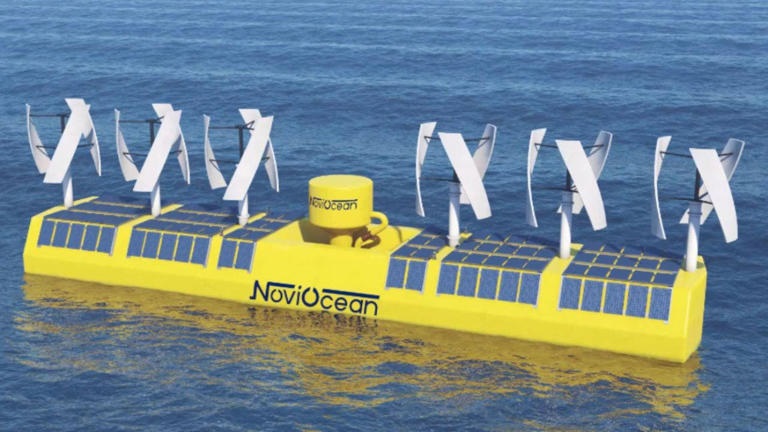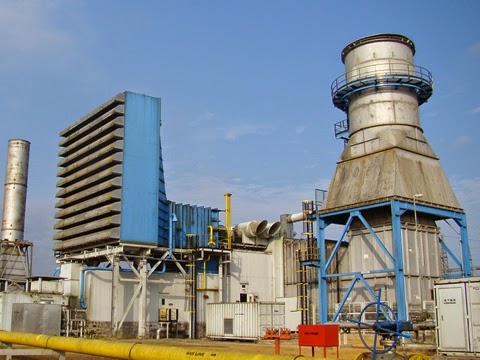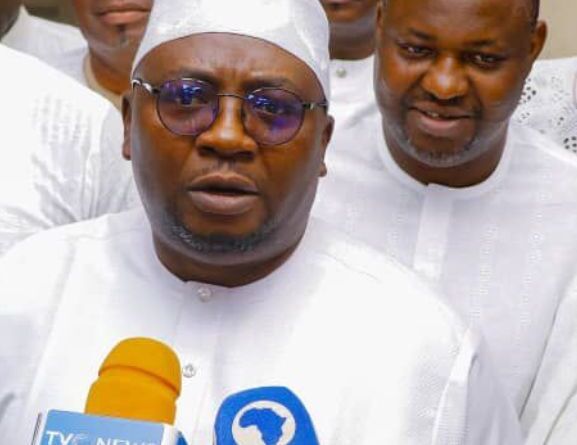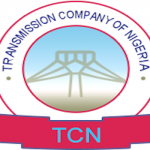The Electric Power Sector Reform Act (EPSRA) of 2005, and the Nigerian Electricity Supply Industry (NESI) are on the journey towards a perfect competition in the electricity industry market where there are few, if any, barriers to the entry of new players and prices are determined by the forces of demand and supply. Energy News has reported.
According to the drivers of the Electric power industry NERC “In a major policy directive, the Honourable Minister of Power, Works & Housing, Mr. Babatunde Raji Fashola, on May 15, 2017, declared four (4) categories of eligible customers in the Nigerian Electricity Supply Industry (NESI). The declaration permitted electricity customers to buy power directly from the generation companies in line with the provisions of Section 27 of the Electric Power Sector Reform Act 2005. So now eligible customers are permitted to buy power from a licensee other than electricity distribution companies.
In exercising that power, the Minister directed the Nigerian Electricity Regulatory Commission (the Commission) to permit four categories of customers to buy power directly from a licensee other than electricity distribution companies.
The first category of eligible customers comprises of a group of end-users registered with the Commission whose consumption is no less than 2MWhr/h and connected to a metered 11kV or 33kV delivery point on the distribution network and subject to a distribution use of system agreement for the delivery of electrical energy. The next category of eligible customers is those connected to a metered 132kV or 330kV delivery point on the transmission network under a transmission use of system agreement for connection and delivery of energy.
Another category of customers under the declaration consists of those with consumption in excess of 2MWhr/h on monthly basis and connected directly to a metered 33kV delivery point on the transmission network under a transmission use of system agreement. Eligible customers in this category must have entered into a bilateral agreement with the distribution licensee licensed to operate in the location, for the construction, installation, and operation of a distribution system for connection to the 33kV delivery point.
The last category is eligible customers whose minimum consumption is more than 2MWhr/h over a period of one month and directly connected to the metering facility of a generation company, and has entered into a bilateral agreement for the construction and operation of a distribution line with the distribution licensee licensed to operate in the location.
The Generating companies have since rolled out their own criteria for customer eligibility being the true owners of power in the industry: these include; in an eligible customer capture form which warehouses the; company name, type of business, business address, local govt area, state, contact name, contact number(s), contact email(s),average monthly energy required and consumed over last six (6) months (mwh), average daily energy required (mwh), average daily energy consumed/used (mwh):, supply voltage (0.415kv/11kv/33kv/132kv/330kv) while their checklist of documents required from eligible customers include; copy of the applicant’s certificate of Incorporation, Tax clearance certificate, Memorandum and articles of Association, Forms CAC2 and CAC7,Board resolutions approving the application, Copies of documents, showing that the applicant/ supplier have satisfied safety and technical requirements, Utility bills, Letter of Introduction from Bankers and other financial support documents, Statement from the System Operator or Distribution System Operator (as the case may be) indicating the structures to which the eligible customer is connected; also stating that the Eligible Customer meets the conditions prescribed by the relevant Technical Codes and general conditions for delivery and supply of Electricity, Letter of clearance from DISCO of non- indebtedness of the Eligible Customer, Draft PPA, TUos, Duos and Market Participation Agreement and Evidence of excess capacity over and above that contracted with NBET (for successor GenCos). These new policy directives are expected to bring into play new and stranded generation capacities that may be contracted between generation companies and eligible customers.
The declaration further provides that at least 20% of the generation capacity added by the existing or prospective generation licensee to supply eligible customer and must be above the requirement of the eligible customer as well as supplied under a contract with a distribution or trading licensee at an ambiguous policy of (pricing not exceeding the average wholesale price being charged electricity distribution companies by the Nigerian Bulk Electricity Trader Ltd.)
These conditions for the declaration of an eligible customer are also subject to review by the Nigerian Electricity Regulatory Commission from time to time.









